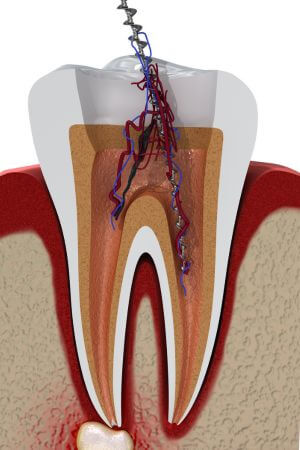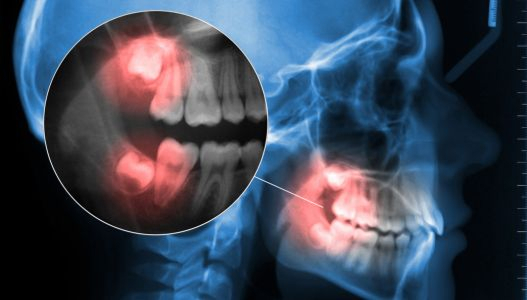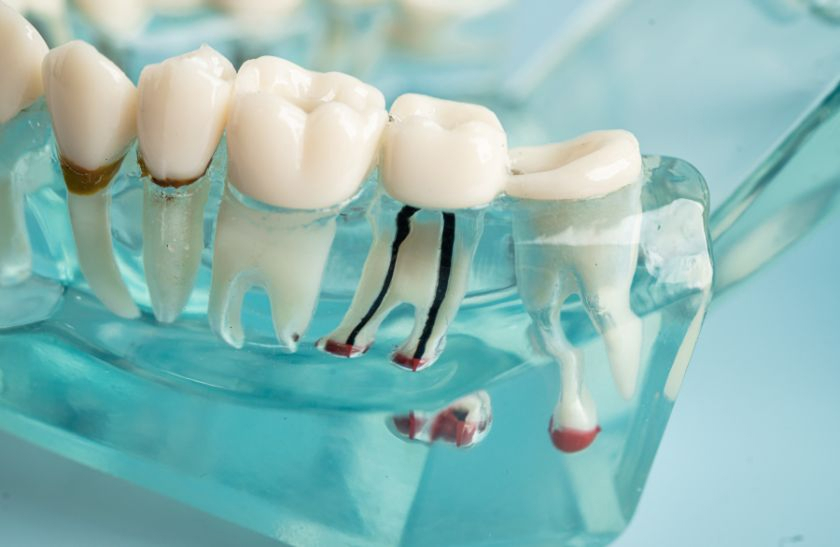Affordable Dental Services – Brampton, ON
Apicoectomy Services in Brampton
Apicoectomy Services in Brampton & Caledon – Expert Root End Surgery at Mayfield Dental
Our Brampton Dentist Reviews On Google
At Mayfield Dental, you aren’t just a patient. We take an interest in you and your oral health needs. Below are some of past patients reviews.
Posted onTrustindex verifies that the original source of the review is Google. Fantastic care. Great team. Thank you for the great care.Posted onTrustindex verifies that the original source of the review is Google. Clean facility, friendly staff, highly recommended!Posted onTrustindex verifies that the original source of the review is Google. Amazing services. Humble staff. Made me feel at ease. Highly recommendPosted onTrustindex verifies that the original source of the review is Google. By far the best dental office I’ve been to. Dr. Pasat and her staff are amazing. They are always so pleasant and a pleasure to deal with. We have been patients of this clinic for 13 years now. My, now older kids who live in downtown Toronto still continue to go to this clinic. Thank you Mayfield Dental for being so kind and considerate!Posted onTrustindex verifies that the original source of the review is Google. I highly recommend Mayfield Dental Clinic. The staff and Dr. are very friendly, nice, and welcoming to everyone (over the phone & in person). They always take their time to explain the importance of oral health, and why certain things are important. THEY ARE JUST THE BEST IN WHAT THEY DO :😊Posted onTrustindex verifies that the original source of the review is Google. We have been with Mayfield Dental Clinic for many years, and they have been nothing short of amazing for our family! The staff is always professional, friendly, and attentive, ensuring every visit is comfortable and stress-free. They truly care about their patients and go above and beyond to provide excellent dental care. Whether it's routine cleanings or more complex procedures, they deliver with expertise and a personal touch. I highly recommend them to anyone looking for a reliable and family-friendly dental clinic. Thank you, Mayfield Dental Clinic, for taking such great care of us over the years!Posted onTrustindex verifies that the original source of the review is Google. Always the best advice and very accommodating. Recommend for all ages.Posted onTrustindex verifies that the original source of the review is Google. Over 10 years with this dentist. My hygienist (Laura) is superb. From Reem at reception who always makes me feel welcome and valued to the care and attention that I receive every appointment I can honestly say that I’ve never been happier with any dental office.Posted onTrustindex verifies that the original source of the review is Google. I cannot recommend my dentist highly enough! Their professionalism, skill, and genuine care for their patients are unmatched. Every visit is smooth and stress-free, with a focus on ensuring comfort and delivering top-notch care. They take the time to explain procedures thoroughly and make you feel truly valued as a patient. Simply the best dental experience I’ve ever had!
How Does Apicoectomy at Mayfield Dental Work?

Local Anesthesia
The area around the tooth is numbed, so you are comfortable throughout.

Accessing the Root
A small incision is made in the gum to expose the infected area at the root tip.

Sealing the Root
A small filling seals the root canal, creating a tight barrier against future bacteria.

Removal
The endodontist removes the infected tissue and trims the tip of the root.

Healing Begins
The gum is stitched back in place, and your body begins its natural healing process.
When Is an Apicoectomy Needed?

Persistent Infection
If a root canal fails to clear up an infection entirely, bacteria could remain at the root tip.

Complex Tooth Structure
Sometimes, tiny canal branches in the tooth’s root make a regular root canal less effective.

To Avoid Extraction
An apicoectomy can save a tooth that might otherwise need removal, keeping your smile intact.
Why Might You Need An Expert Root End Surgery at Mayfield Dental?

When a Root Canal Is Not Enough

To Preserve a Natural Tooth

When Retreatment Is not an Option
We are open 6 days a week, Monday to Saturday
Book Your Dentist Appointment Now
The Apicoectomy Procedure at Mayfield Dental in Detail
Numbing the Area
The treatment begins with local anaesthesia, ensuring you won’t feel any discomfort. If you are feeling nervous, let your dentist know as they may suggest sedative options to help you relax.
Accessing the Root Tip
A small incision is made in your gum near the affected tooth. This creates a flap, allowing the endodontist to access the root and surrounding bone.
Removing Infected Tissue
Using precision tools, the infected tissue around the root tip is carefully removed. The very end (or apex) of the root is also trimmed, ensuring no bacteria or damaged tissue is left behind.
Sealing the Root
After cleaning the area, a small biocompatible filling is placed at the end of the root canal. This seals the root completely, creating a durable barrier to guard against future infection.
Closing the Incision
Finally, the gum flap is repositioned and secured with stitches. This step helps protect the treated area as it begins to heal.
Schedule your appointment today with us for better oral health. Our team is always ready to assist you and provide you with the best solutions.
When to Contact Our Experts At Mayfield Dental
- Severe pain
- Excessive swelling
- Persistent bleeding
- Signs of infection
What About After the Procedure?
Here is what most people experience post-procedure:

Mild Swelling
Your gum and cheek area near the treated tooth may feel swollen for a couple of days.

Soreness
The gum tissue may feel tender, similar to how it feels after a deep dental cleaning or having a sore muscle.

Manageable Pain
While there may be minor discomfort, it is often mild enough to be managed with over-the-counter medications like ibuprofen or acetaminophen
We are open 6 days a week, Monday to Saturday
Book Your Dentist Appointment Now
Trust us to take care of your smile. Contact and book an appointment with Mayfield Dental today at (905) 840-0225 and experience dental care with a personal touch!
Frequently Asked Dental Questions

